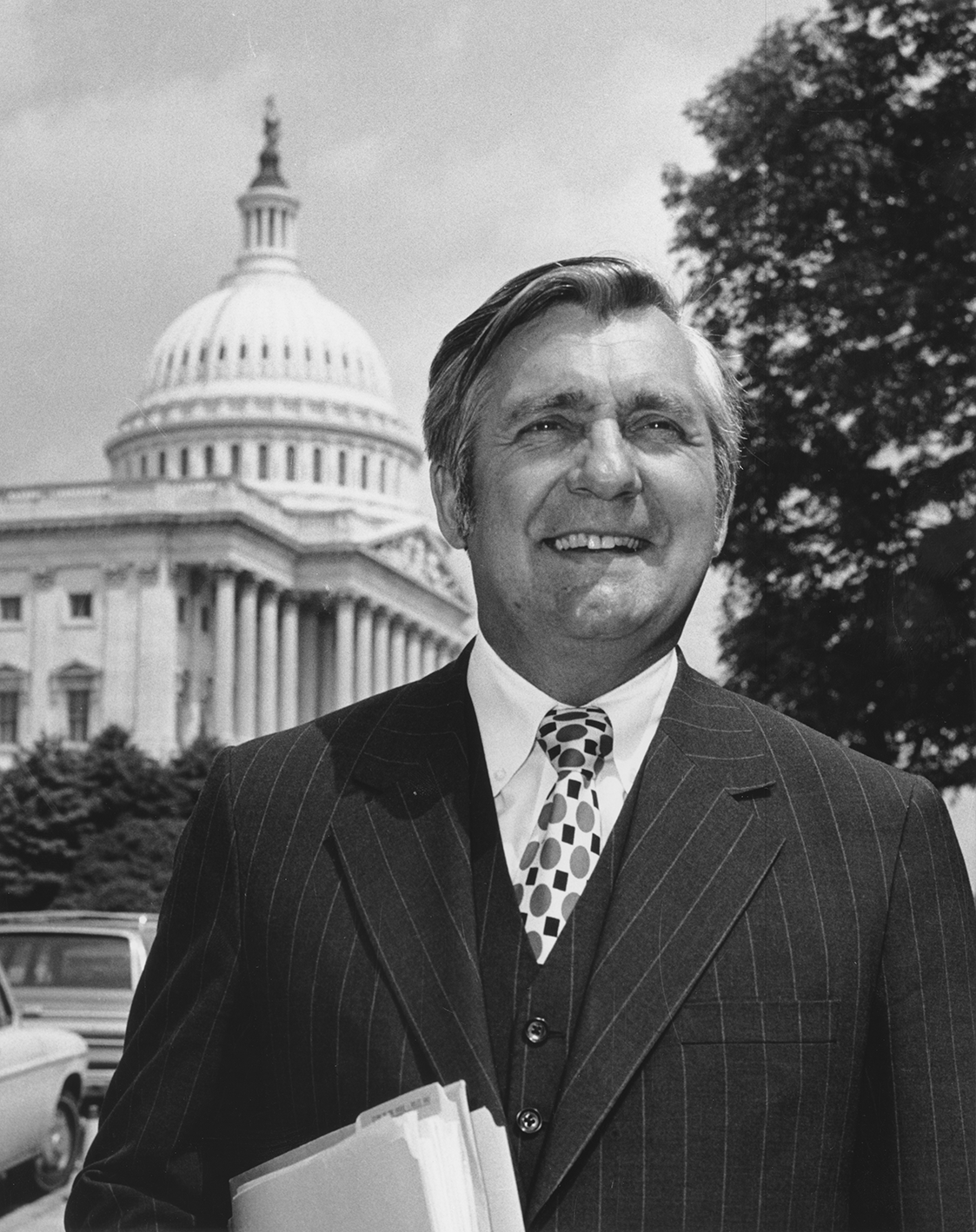David F. Cushing Records
1851-1862
2 vols. 0.2 linear feet
Call no.: MS 248 bd
Born in Newfane, Vermont in 1814, David F. Cushing journeyed to West Medway, Massachusetts, at the age of sixteen to learn the tailor’s trade. There he met and married Polly Adams (b. 1821), who gave birth to their son, Winfield, in 1843, the first of at least nine children. Shortly after starting his family, Cushing returned home to Vermont, establishing a general store in the village of Cambridgeport, situated on the border of Grafton and Rockingham. He enjoyed considerable success in his work, rising from being listed as a “retail dealer” in the early years to a merchant; by 1860, Cushing owned real estate valued at $4,000 and personal property worth $7,000. A deacon of the Congregational church, his frequent appointment as a postmaster hints at a degree of political connection within the community to accompany his financial and personal success. He remained active in his store for 56 years until his death in 1899.
Cushing’s daybook (1860) includes lists of stock, how he acquired his goods, and the method and form of payment (cash or exchange of goods and services). The receipt book, comprised of printed forms, records freight hauling activities, with records of the freight (usually hay or oxen), weight, and date.
Subjects
Barter--Vermont--Cambridgeport--19th centuryCambridgeport (Vt.)--Economic conditions--19th centuryFreight and freightage--Rates--Vermont--19th centuryGeneral stores--Vermont--CambridgeportContributors
Cushing, David F., 1814-1899Types of material
Account booksDaybooks

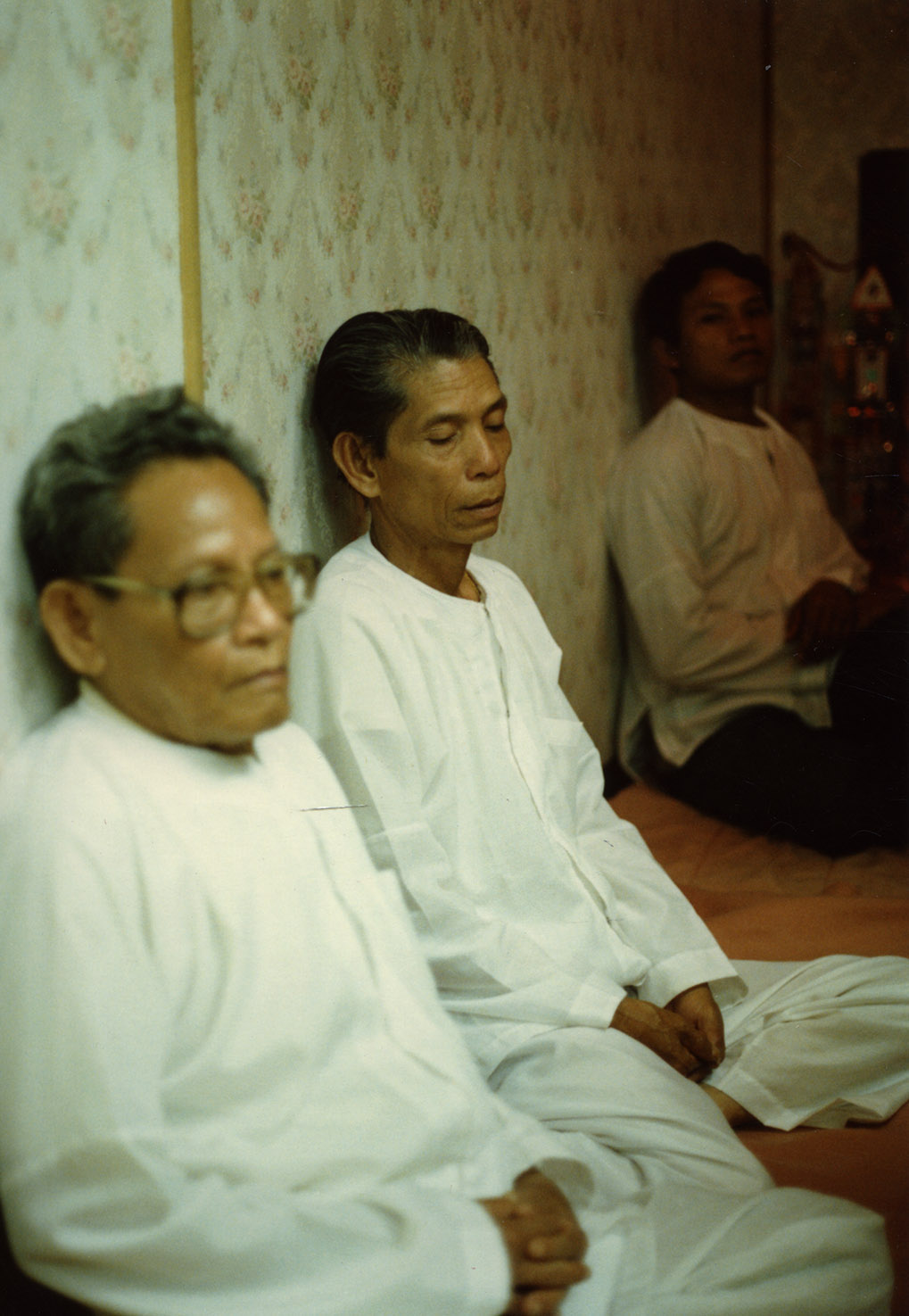
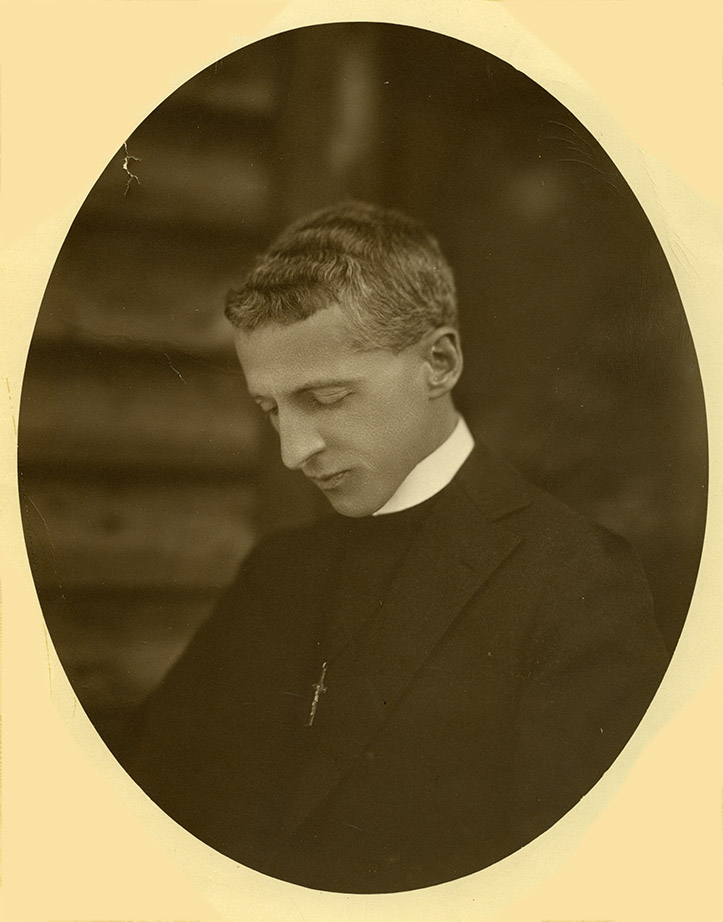
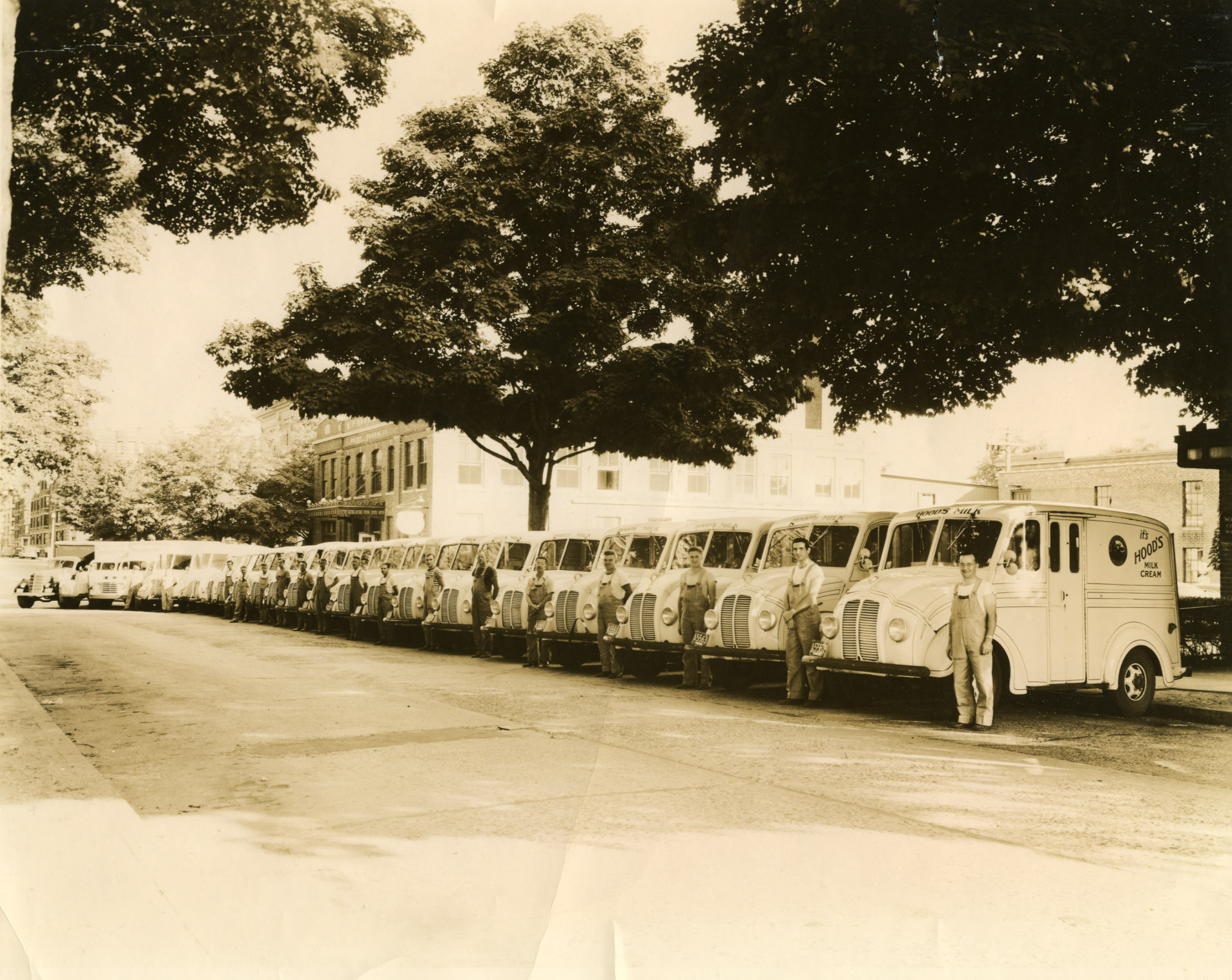
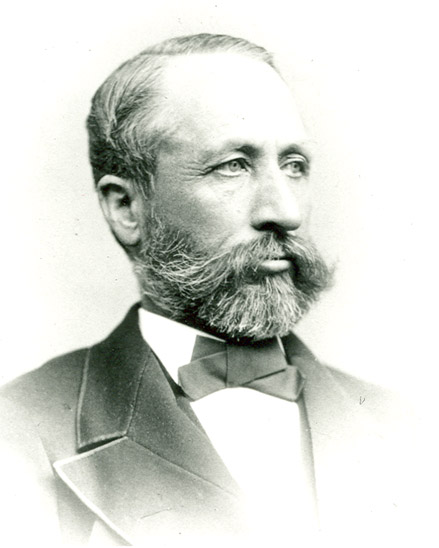
 View the online
View the online 